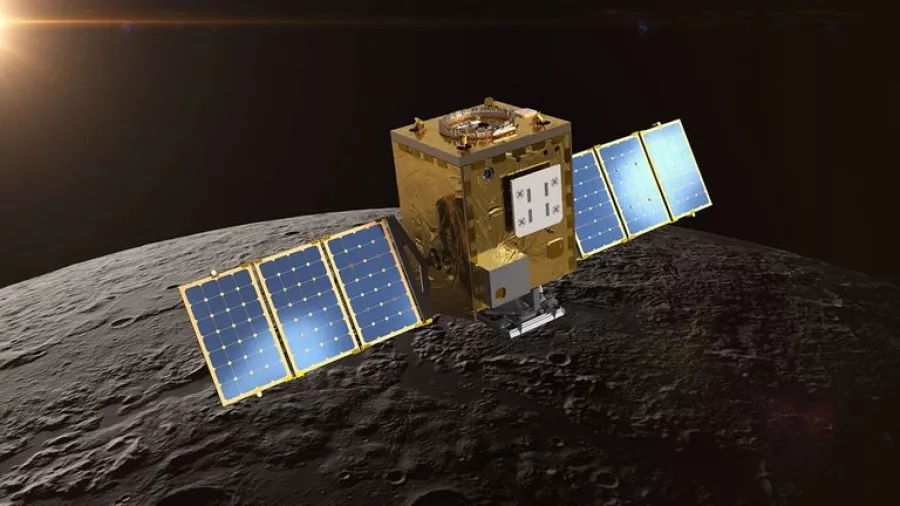 Scientists searching the Amazon have discovered new species — creatures such as a baldheaded parrot, a blue-fanged tarantula and a bright red catfish — at the rate of about one every three days for the past 10 years, the World Wildlife Fund reported Monday.
Scientists searching the Amazon have discovered new species — creatures such as a baldheaded parrot, a blue-fanged tarantula and a bright red catfish — at the rate of about one every three days for the past 10 years, the World Wildlife Fund reported Monday.
"What we say now, and we're very conservative, is one in 10 known species is found in the Amazon," said Meg Symington, a tropical ecologist and the fund's managing director for the Amazon. "We think when all the counting is done, the Amazon could account for up to 30 percent of the species on Earth."
The great diversity of life in the Amazon includes species and habitats that have direct benefits for people worldwide. Compounds found on the skin of the poison dart frog, for example, turned out to be important for anesthesia and other medical products, Symington said.
The Amazon rainforests also have an impact on the regional and global climate. Some climate models show that the Amazon influences rainfall in the U.S. Midwest.
The World Wildlife Fund reviewed scientific literature and counted more than 1,200 new species — including 637 plants, 257 fish, 216 amphibians, 55 reptiles, 16 birds and 39 mammals — that were discovered in the Amazon from 1999 to 2009. The full count would be much higher, because the report didn't include the vast majority of newly found invertebrates.


 On February 26, 2025, a NASA probe called Lunar Trailblazer lifted off from Kennedy Space Center...
On February 26, 2025, a NASA probe called Lunar Trailblazer lifted off from Kennedy Space Center... She navigated segregation to become an esteemed mathematician — and today, her work helps billions of...
She navigated segregation to become an esteemed mathematician — and today, her work helps billions of... A newly discovered species of large dinosaur lived in marshy areas, hunted for fish and had...
A newly discovered species of large dinosaur lived in marshy areas, hunted for fish and had... Scientists may have discovered an explanation for a cosmic mystery uncovered by the James Webb Space...
Scientists may have discovered an explanation for a cosmic mystery uncovered by the James Webb Space...






























